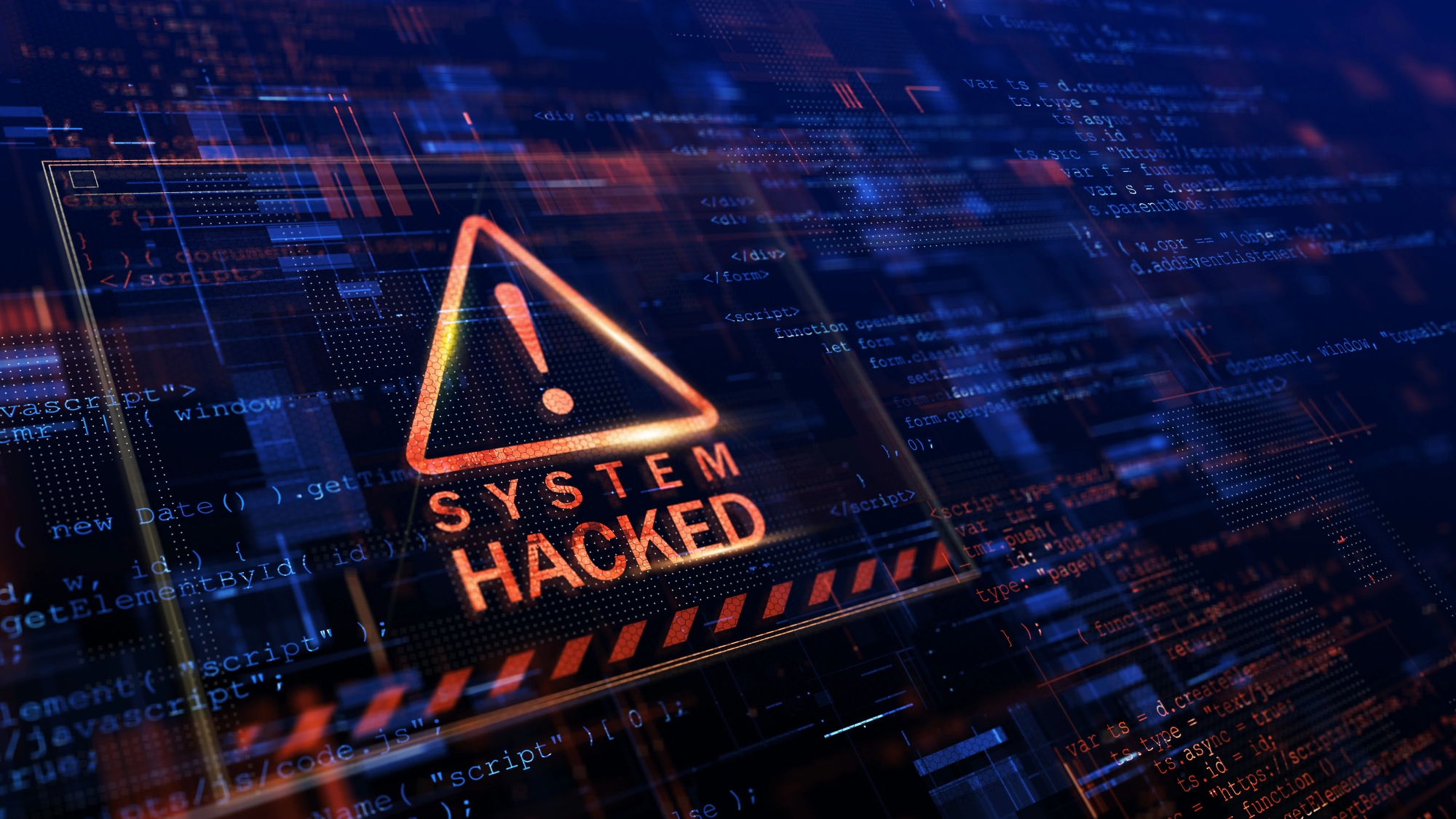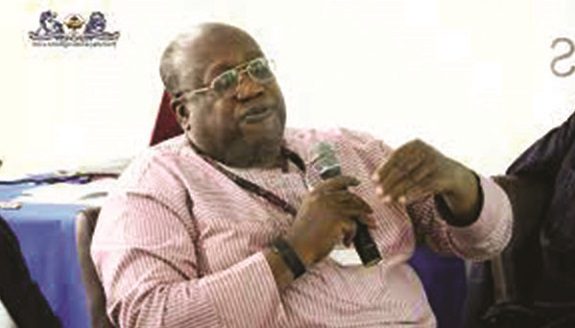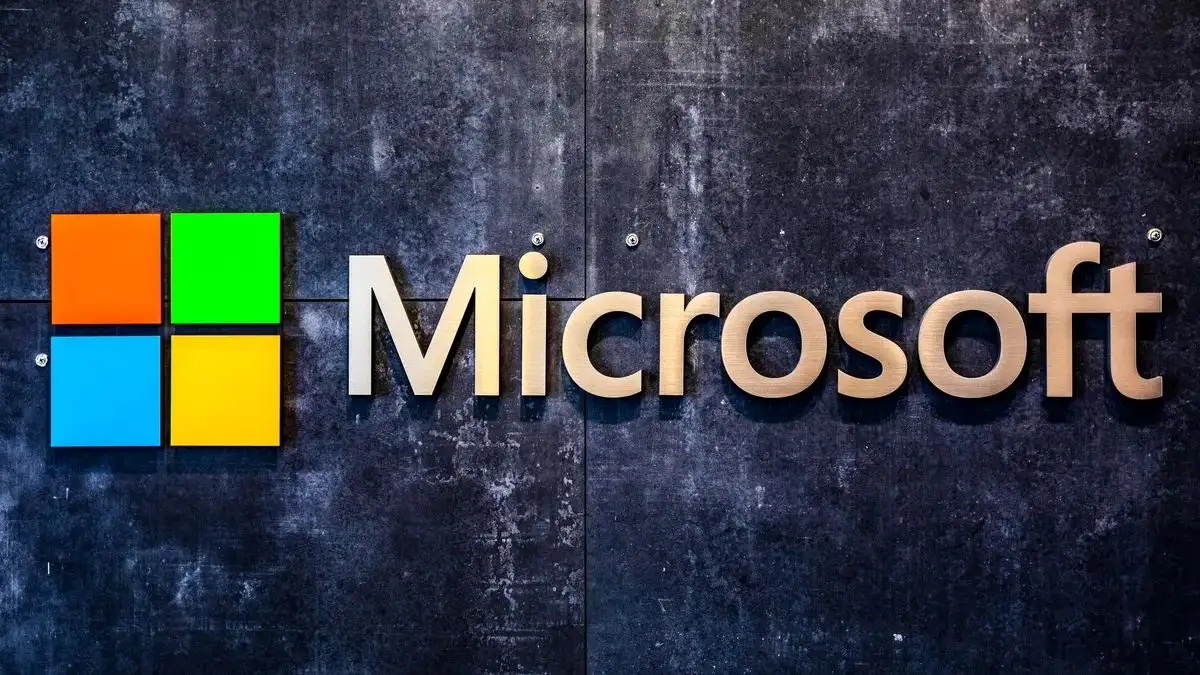International Diplomatic Consultant Farouk Al-Wahab has sharply criticized Ghana’s law enforcement agencies for what he describes as a lack of decisive action against well-known cybercrime syndicates operating across the country.
Al-Wahab revealed that security agencies, including the Ghana Police Service, Immigration, Military Intelligence, and the Criminal Investigations Department (CID), are fully aware of the locations where these syndicates are active. Many operate from urban neighborhoods, where groups of 20 to 40 individuals live and work out of large rented homes, often financed with proceeds from cyber fraud.
“These groups are not hiding in single rooms. They occupy spacious houses and are well known to the authorities. Yet, meaningful action remains absent,” he said.
He attributed the issue not to a lack of intelligence but to systemic problems, such as poor inter-agency coordination, bureaucratic inertia, and a judicial system that frequently fails to prosecute cybercriminals.
“The security services know where these individuals are. The real question is whether Ghana has the political will to act,” he stated.
His remarks come in the wake of a major operation led by the Economic and Organised Crime Office (EOCO), which uncovered a large human trafficking and cybercrime ring in Oyarifa, Accra. The operation rescued over 200 foreign nationals who were reportedly being coerced into online fraud activities.
Al-Wahab warned that Ghana could become a haven for cybercriminals fleeing stricter countries if such networks are allowed to flourish unchecked.
“This is not just a local issue. Many countries are grappling with it. But if we continue to shield known perpetrators, both local and foreign, we jeopardize not only our digital security but also international trust and investor confidence,” he cautioned.
In response to the criticism, EOCO’s acting Executive Director, Abudulai Bashiru Dapilah, offered a more restrained perspective. While he acknowledged growing concerns and suspicions about cybercrime hotspots like Kasoa, he stressed the importance of acting based on verified intelligence.
“It’s easy to say criminal activity is happening in Kasoa, for example. But once there, where exactly do you begin? Without solid intelligence pinpointing specific locations, you can’t just go knocking on doors. That would be unlawful,” he explained.

.jpg)








.jpg)